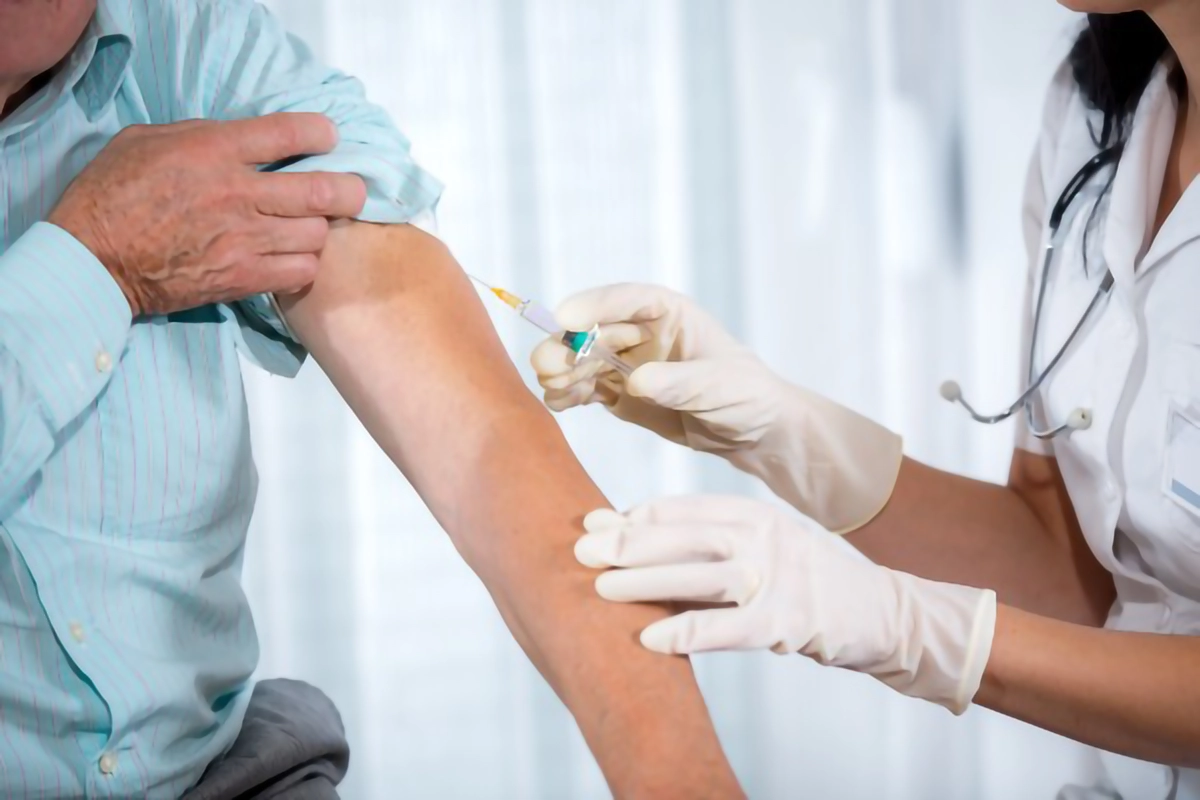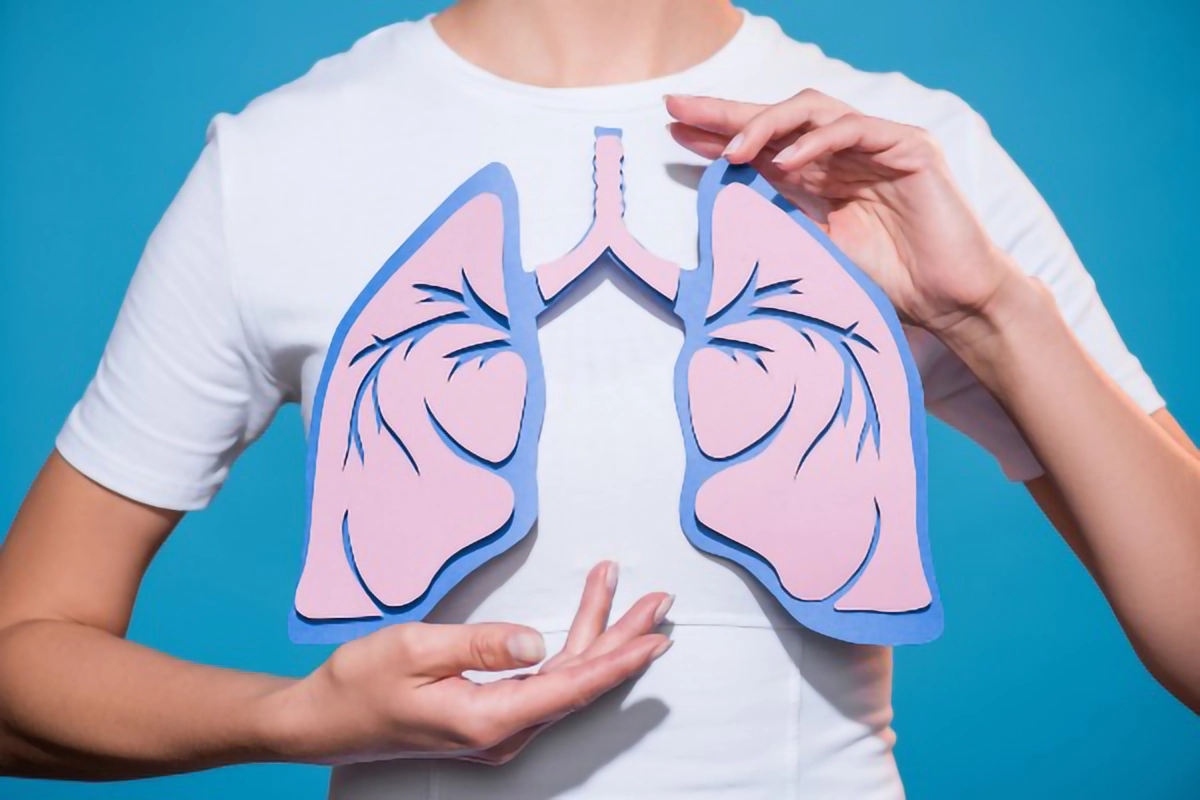We use cookies to help provide you with the best possible online experience.
By using this site, you agree that we may store and access cookies on your device. Cookie policy.
Cookie settings.
Functional Cookies
Functional Cookies are enabled by default at all times so that we can save your preferences for cookie settings and ensure site works and delivers best experience.
3rd Party Cookies
This website uses Google Analytics to collect anonymous information such as the number of visitors to the site, and the most popular pages.
Keeping this cookie enabled helps us to improve our website.
Patient Newsletter: Issue 8
Welcome to our winter newsletter of 2025.
In this issue we shine a spotlight on our paramedic practitioners & clinical pharmacists.
Some of the topics we will cover include dental appointments, breast screening, safe sleep, the independent youth panel and a piece from Dr Burkes on how to train a GP.
Also included is Januarys’ appointment and practice statistics.
Krystle – Paramedic Practitioner
After 12 years working frontline with South East Coast Ambulance Service I felt the time was right for a new challenge. I joined Langley House 3.5 years ago and am very pleased I did. The practice hadn’t had a paramedic before, therefore the journey has been a learning curve for everyone at the practice as we have jointly developed the role. Primary care has allowed me to expand and specialise my knowledge and develop ongoing relationships with patients seeing them through and supporting their treatment rather than leaving them at A&E without knowing the outcome.
All of the doctors have been very supportive with my education and since joining I have undertaken a number of courses including a minor illness course, a Postgraduate Certificate in First Contact Practitioner and another Postgraduate certificate in non-medical Prescribing which allows me to independently prescribe for patients.
There are now 2 Paramedic Practitioners at Langley House as Sian joined shortly after myself. Our role is to support the Duty GP on a day to day basis mainly focusing on acute problems however we also undertake our own follow ups, home visits, assist with winter vaccinations, clinical audits and projects. My personal areas of interest include urology, mental health and elderly medicine.
I grew up in Surrey but we have gradually moved further South and love living in this area. I am Mum to a teenager and 2 younger children all at different local schools. Most of my spare time outside of work is taken up with ferrying them to various clubs and gymnastics competitions but when I get the chance I love walks in the countryside and along the seafront, good food and travelling.
Laura – Pharmacist Technician
My name is Laura and I am a Pharmacy Technician. I joined Langley House in April last year to support the practice pharmacist, Kelvin, in providing support to patients in managing their medication. Previous to this role I spent 10 years working for St Richard’s Hospital pharmacy, which is where I completed my initial qualification. I have always enjoyed speaking to patients and offering support and it has been lovely moving to Langley house and getting to know our patients.
Lots of people take medications for lots of different reasons and myself and the pharmacist work together to help ensure that all our patients feel able to manage
their conditions at home by offering any support and advice with medication that might be needed. Some medications need regular reviews and checks, sometimes alterations might be needed to get the correct dose, sometimes a medication doesn’t suit and an alternative might need to be found, or sometimes a medication is unavailable. Medications can also be changed following hospital admissions or consultant appointments and so we also update repeat prescriptions and ensure any follow ups are arranged as needed. Kelvin also specialises in hypertension and runs a blood pressure clinic, advising patients on managing their blood pressure and making changes to blood pressure medications as needed. Our aim is to be a point of contact for patients and to offer patients the opportunity to discuss anything which might help them to feel more in control of managing their medication. We can also refer patients to other members of our team if they need further support, this might be one of our GPs or our specialist nurses. We are very lucky to work with a lovely team of people and there is always someone that we can refer to if additional support or advice is needed.
The role is very varied and I have found it to be a huge learning curve which I have really enjoyed. Hopefully this has given you a bit of an insight into what the pharmacy team do at the surgery!
January Practice Statistics
From March we started analysing our practice activity date to share with our patients and identify any areas of improvement. This data is on display in our reception areas.
- Telephone appointments completed- 1,295
- Face to face appointments completed- 2,114
- Incoming calls- 9,236
- Average call wait times- 4 minutes 40 seconds
- Appointments not attended- 169
- Wasted hours from appointments not attended- 39.75
- Online consultations processed by reception- 500
- Incoming documents processed by secretaries- 4,404
- Prescriptions processed- 11,569

New Autism and ADHD support signposting webpage
We have seen a significant increase in the numbers of people both nationally and locally who are seeking an assessment for suspected autism and/or attention deficit hyperactivity disorder (ADHD).
This has led to waiting times that are much longer than anyone would want. We understand how difficult it is for people and their families/carers to wait for services when there is a need for support.
We hope this simple listing of some of the core support in Sussex will help you to manage some of you and your family’s needs in the initial interim period. More comprehensive and detailed information of a wider range of services and support is available from Local Offer websites, provided by your local authority (linked below). A child does not need a diagnosis or an Education Health and Care Plan (EHCP) for the family to be able to access the services included here.
Please visit this signposting webpage to access support.

Cervical Screening
Did you know we now offer Saturday appointments for cervical screening?
You will receive an invite every 3 years if you are aged 25 to 49. After that, you get an invite every 5 years until age 64. If you are unsure when your screening is due please contact the practice.
There are on average 3,256 new cases of cervical cancer each year. (2017-2019 UK). 99.8% of cervical cancer cases are preventable. (2015 UK)
Figures as of December last year show 65.8% of the 11 million eligible women aged 25-49 took up their cervical screening invitation and were screened within the recommended time, while the proportion was 74.1% among women aged 50-64.
NHS cervical screening helps to prevent cervical cancer by using a highly effective test to check for high-risk HPV, which causes 99% of cervical cancers. HPV can cause abnormal cells to develop in the cervix and if left untreated, these cells can turn into cervical cancer over time. That is why it’s important to come forward for screening when invited.
NHS Immunisation Schedule
At the surgery, we give follow the NHS immunisation schedule. Apart from the childhood immunisations, we also offer the following:
Flu
Children and patients aged over 65 plus patients with certain at risk conditions:
- conditions that affect your breathing, such as asthma (needing a steroid inhaler or tablets), chronic obstructive pulmonary disease (COPD) or cystic fibrosis
- heart conditions, such as coronary heart disease or heart failure
- chronic kidney disease
- liver disease, such as cirrhosis or hepatitis
- some conditions that affect your brain or nerves, such as Parkinson's disease, motor neurone disease, multiple sclerosis or cerebral palsy
- diabetes or Addison's disease
- a weakened immune system due to a condition such as HIV or AIDS, or due to a treatment such as chemotherapy or steroid medicine
- problems with your spleen, such as sickle cell disease, or if you've had your spleen removed
- a learning disability
- being very overweight – a body mass index (BMI) of 40 or above
The flu vaccine aims to protect you against the most common types of flu viruses. There’s still a chance you might get the flu after getting vaccinated, but it’s likely to be milder and not last as long. The vaccine usually takes up to 14 days to work.
Protection from the flu vaccine goes down with time and the types of flu virus the vaccine protects against are updated each year. That is why it is important to get the vaccine every year.

Shingles - (also called herpes zoster)
Shingles is a disease that is caused by the same virus that causes chickenpox. Most of us have had chickenpox when we were younger, even if we did not know we had had it. The virus stays in our bodies for the rest of our lives and can reactivate when we get older, causing shingles. Shingles is caused by the reactivation of an infection of a nerve and causes a range of symptoms, depending on where it appears on your body. These often include a rash and clusters of painful, itchy, fluid-filled blisters. Eyesight can also be affected, if it develops in the eye. It can leave people with on-going, severe pain called post-herpetic neuralgia. This pain can last for several months or even years and can be bad enough to need to be admitted to hospital. About one in five people who have had chickenpox develop shingles. It is more common in people over 70 years old but the vaccine is less effective in people aged over 80. Eligible groups are patients turning 65 on or after 1.9.23, patients aged 70-79 and patients aged 50 or over with a severely weekend immune system.
Pneumococcal
The pneumococcal vaccine protects against serious and potentially fatal pneumococcal infections caused by the bacterium Streptococcus pneumoniae which can lead to pneumonia, septicemia (a kind of blood poisoning) and meningitis.
At their worst, they can cause:
- permanent brain damage, or even kill. A pneumococcal infection can affect anyone. However, some people are at higher risk of serious illness - the higher risk group includes adults aged 65 and over and patients in the following groups:
- sickle cell disease, coeliac disease, problems with your spleen or you've had your spleen removed
- a long-term condition that affects your breathing such as chronic obstructive pulmonary disease (COPD) or cystic fibrosis
- a long-term condition that affects your heart such as coronary heart disease or heart failure
- chronic kidney disease
- a long-term condition that affects your liver such as cirrhosis
- diabetes
- a weakened immune system due to a condition such as HIV, or a treatment such as steroid medicine or chemotherapy
- a condition where fluid that protects the brain and spinal cord leaks out (cerebrospinal fluid leaks)
- cochlear implants

RSV
RSV is an infectious disease of the airways and lungs. RSV infection often causes symptoms similar to a cold, including cough, sore throat, sneezing and runny or blocked nose. It can also make you become wheezy or short of breath and lead to pneumonia and other life-threatening conditions. There is no specific treatment, and most infections will get better by themselves. Every year thousands of older adults need hospital care for RSV, and some of them will die. RSV can be more severe in people with medical conditions such as heart or lung disease or a weakened immune system.
RSV infection is common in young children but is most serious for small babies and for older people.
Almost all older adults will have had several RSV infections during their life. A single dose of vaccine will help to boost protection as you reach an age group at highest risk of serious RSV infection. You do not need to have this vaccine every year.
The RSV vaccine is recommended if;
- You’re pregnant – the vaccine is recommended during every pregnancy (from 28 weeks onwards) to help protect your baby after they’re born.
- Your aged 75 to 79.
Prescription Ordering
We do not take prescription requests over the phone. Please use the NHS app, SystmOnline or the prescription boxes in reception.
Ideas for our next newsletter
In our next newsletter we will focus on staff with other roles within the practice, giving you an insight into the other members that make up our practice team and may be involved in your care.
Published: Feb 24, 2025
